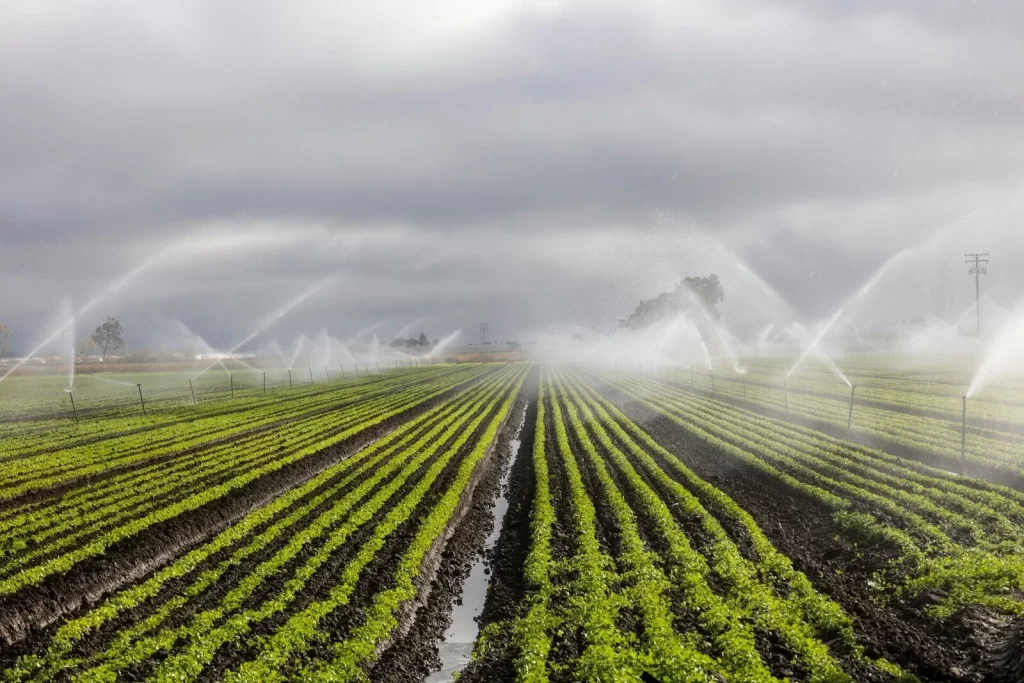The countries of Latin Americaas a region, have a chance to build a new sustainable and resilient economy the future, if they take advantage of the current circumstances, highlights an article by World Economic Forum.
Signed by Pablo Ochoa y Laura BeltranIn this article, this article breaks down what Latin American business leaders and government representatives spoke about at the World Economic Forum Annual Meeting at Davoswhere they highlighted the region's challenges and opportunities.
Julio Velardepresident of the Central Reserve Bank of PeruThe report notes that most countries in the region have inflation under control and central banks have begun to lower interest rates.
However, he points out that growth remains a problem because Mexico y Brazilthe region's two largest economies, have traditionally recorded low growth, while the economies of the Peru, Colombia y Chile have slowed down a bit.
The Peruvian official considered that the countries have forgotten the pro-growth reforms they carried out in the 1990s and went back to "over-regulation", which hindered the fight against poverty.
The region, he says, needs a new impetus towards an investment-friendly reform program.
A region with great potential
Despite the various circumstances, Latin America is well positioned to play a pivotal role in the transition to a more efficient and sustainable more sustainable global economy. Its extensive sources of renewable energy and mineral resources will not only drive a more environmentally friendly future, but it also has a robust agricultural sector exporter capable of feeding an ever-growing world population. Moreover, its neutral geopolitical stance allows it to forge strong ties in a multipolar world.
Luis Roberto Barrosopresident of the Brazilian Supreme CourtThe democratic normality that the larger countries have maintained, the good relations between neighbors, the absence of religious conflicts and having a multiracial society are circumstances that favor the region at this time.
"Latin America can and should take a leadership role in global sustainability because we have biodiversity, we have the largest amount of fresh water in the world, we have the Amazon that provides carbon storage for the world," he says.
The private sector is crucial to tap this potential
To take advantage of the region's potential, the private sector plays a crucial role, but governments have to enable investments by clearly delineating frameworks and policies.
Brazil is a case in point. Luis Henrique GuimarãesCosan advisor and former president, says the country is well positioned to benefit from global decarbonization given its competitiveness in energy sectors such as biofuels, mining and agriculture.
Although the investments are coming from the private sector, the Brazilian government is easing the way with recent regulations on the energy transitionhydrogen and carbon marketThis allows for growth and the creation of high quality jobs.
"The agricultural sector has traditionally been a sector with little job creation, little use of technology and, generally, low innovation. However, in recent decades we have witnessed a revolution with the incorporation of technologies and processes in agriculture, which have completely changed the way in which farmers face their work today", adds Marcos Bulgheroni, CEO of Pan American Energy.
The successful case of Baja California
Located on the border, bordering with California y Arizona (United States), the Mexican state of Baja California is one of the fastest-growing entities in the country, even before the recent trend towards nearshoring Mexican companies would give them an advantage over Chinese companies, benefiting from their proximity to U.S. supply chains.
Placing oneself in a dynamic border area 7 million inhabitants and to be in front of the Pacific coastThe governor emphasizes that the conditions that have allowed Baja California to focus on key industries, such as semiconductors, biotechnology and medical tourism, which facilitates trade with Asia, are conditions that have allowed Baja California to focus on key industries, such as semiconductors, biotechnology and medical tourism. Marina del Pilar Avila Olmeda.
But the key to taking advantage of those conditions and generating growth, he says, is the talent that large investors are looking for and that the state, which has more than 90 universities, has to offer, he assures.
Ilan Goldfajnpresident of the Inter-American Development Bankconsiders that Latin America is facing a unique opportunity to chart its own path of growth and development. sustainable developmentwhile becoming part of the solution to global problems such as climate change. clean energiesthe food production and the protection of biomes natural resources, such as the Amazon.
However, he stresses, the scale and impact needed for the transition cannot be achieved by the public or private sectors alone, nor by indigenous communities and local governments without external support. The effort must be a joint one.
Source: World Economic Forum


